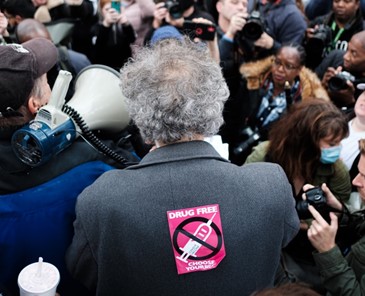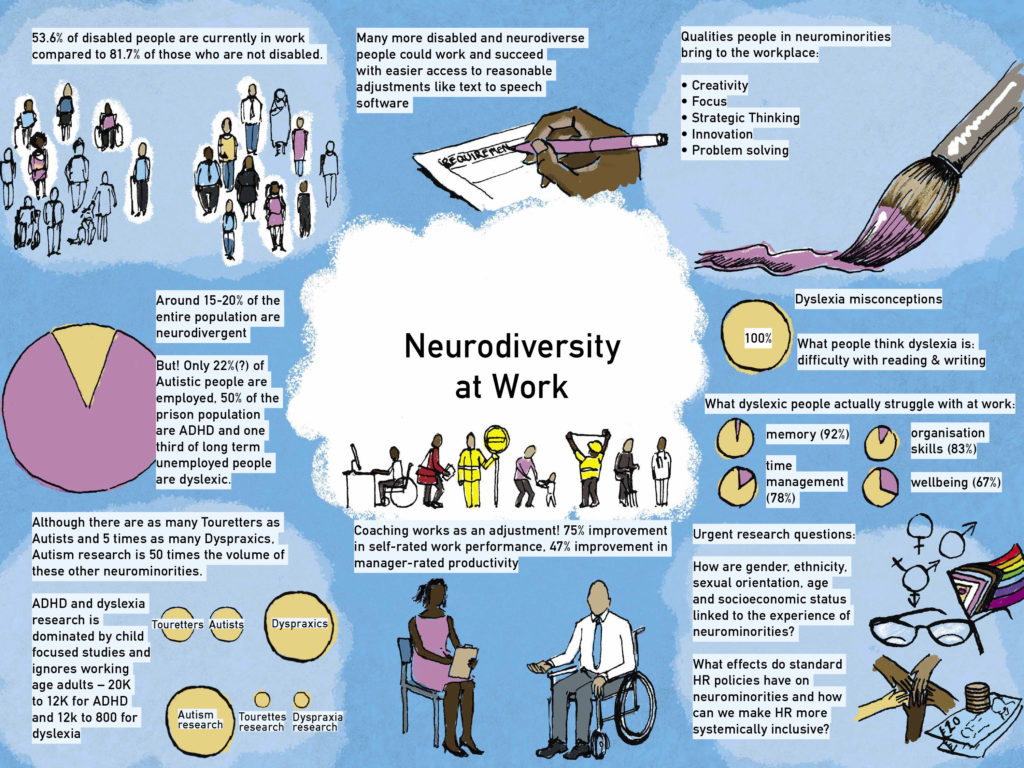A collaboration between Dr Marie Juanchich, Dr Miroslav Sirota, and PhD researcher Daniel Jolles from the University of Essex and Dr Lilith A. Whiley from Birkbeck, University of London explores conspiracy theorists’ responses to public health recommendations.

Pandemics are a fertile backdrop for conspiracy theories.
As COVID-19 spread in early 2020 and uncertainty around the origins and transmission of the virus grew, conspiracy theories filled in the gaps. Social media was rife with claims that COVID-19 was an artificially created bioweapon, a plot by pharmaceutical companies to profit from vaccines – even that it was being spread across the 5G network!
At the height of the pandemic’s first wave, conspiracy-related content received greater engagement than content from sources such as the World Health Organisation and our National Health Services – a very worrisome fact.
What are the implications of this for public health?
Together with colleagues from the University of Essex Department of Psychology, I sought to understand whether this ‘infodemic’ of conspiracy theory content posed a threat to public health initiatives such as mask wearing, social distancing and take-up of the COVID-19 vaccination.
What is a conspiracy theorist?
A conspiracy theorist is someone who believes in powerful, malevolent individuals, and has low trust in government and science.
Individuals with a ‘conspiracy mindset’ have in common some general beliefs that predispose them to believe in conspiracy theories. These include:
- Governments are evil
- Small, secret and powerful organisations control the world order
- These organisations cover-up the existence of extra-terrestrial life, threaten people’s health and freedom and control the flow of information
At the heart of these beliefs is the notion that ill-intentioned groups are acting behind the scenes, so trust is a key factor in conspiracy beliefs.
Some cognitive attributes might also make people more vulnerable to conspiracy beliefs. People who engage in analytical thinking, which involves a more in-depth evaluation of the information, are less likely to fall prey to misinformation.
Did conspiracy theorists follow public health initiatives in the COVID-19 pandemic?
Prior research suggests that conspiracy beliefs could prevent people from complying with public health guidance during a pandemic. For example, Oliver and Wood (2014) discovered that people who believe in HIV conspiracy theories are less likely to attend regular medical check-ups.
Previous studies also suggest that there is a negative relationship between conspiratorial beliefs and support for government COVID-19 health guidelines. However, the evidence does not provide a consistent picture. In a study by Briddlestone et al. (2020), for example, conspiracy beliefs were negatively related to social distancing, but not to hand hygiene.
We carried out three complementary studies to further understanding on the relationship between conspiracy beliefs and health protective behaviours during the COVID-19 pandemic. In some of the previous work that has been in this area, researchers investigated conspiracy theories where the virus was presented as a hoax or where its severity was exaggerated – in those cases, we could expect negative relationships with any type of health care protective behaviours. In our studies, we focused only on conspiracy theories that recognised the virus and accepted that it was ‘real’. In a series of surveys conducted at the height of the UK’s first wave, we examined to what extent participants agreed with COVID-19 conspiracy theories and how this compared to their mindset, trust in government, social characteristics, and health protective behaviours.
Key findings were:
- A conspiracy mindset was associated with believing in COVID-19 conspiracy theories.
- Individuals with low trust in authority and intuitive (rather than analytical) thinking styles held stronger conspiracy beliefs.
- Individuals who were more educated or who held a conservative ideology also had stronger conspiracy beliefs.
- People from ethnic minority groups and those who were employed as frontline workers were more likely to have conspiracy beliefs.
- Conspiracy theory believers reported following health guidelines, such as hand washing and social distancing, as much as others, but were less likely to agree to get tested or vaccinated against the virus and more likely to share misinformation online.
The fact that conspiracy theorists comply with public health guidelines around COVID-19 but are unwilling to be tested or vaccinated for the virus, appears contradictory.
What is interesting, however, is that all the behaviours that conspiracy believers performed as much or more than other people provide autonomy and control, for example hand washing or wearing a mask. Getting tested or vaccinated, on the other hand, requires trust in others. Our results confirmed that conspiracy theory believers were reluctant to undertake actions in which they had lower levels of personal control, viewing these actions as more risky and less beneficial.
What are the implications of these findings when tackling the COVID-19 pandemic?
While conspiracy believers are frequently presented as risk takers who refuse to follow official health recommendations, our findings show that this is not the case. Conspiracy believers adhere as much, or even more, to the protective behaviours that give them a sense of personal control.
However, hesitancy around getting tested and vaccinated against COVID-19 due to a lack of trust is a cause for concern. The increased prevalence of conspiracy theories in frontline workers and individuals from ethnic minorities may explain the greater hesitancy to be vaccinated against COVID-19 observed in both of those groups.
We suggest the following recommendations that could support the uptake of public health initiatives:
- Design communications around testing and vaccination for COVID-19 in a way that is also inclusive of conspiracy believers, for example, clearly communicating the risks and
- Health messages to be delivered by trusted sources.
- Promote health advice that is supportive of individual autonomy, for example, when inviting healthcare professionals for a flu vaccine.
- Ensure transparency from pharmaceutical companies in their data sharing to increase trust.
- Include prompts for fostering analytical thinking in COVID-19 communications to prevent the spread of false information.
Blog post written by Isobel Edwards and Dr Lilith A. Whiley.



